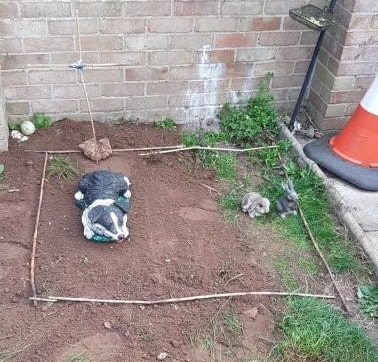Archive
Electoral reforms for general elections

Saturday 28th November saw Parliament pass legislation establishing a regular schedule for general elections and preventing Prime Ministers from running for a third consecutive term without parliamentary approval.
Under the 2008 Constitution, general elections were to take place every three years, on January 1st. After the 2009 general election, the next was scheduled to take place on 1 January 2012, but the 2011 Constitution came into force before this date was reached.
Under the current 2011 Constitution, the date of a general election is decided at the discretion of the Monarch or Prime Minister, and can take place anywhere from six months to four years after the previous one.
Saturday’s Act of Parliament has added a restriction to this clause, to the effect that the full range of dates constitutionally available can only be considered in an emergency; otherwise, under ordinary circumstances, general elections are to take place on a day between the 1st and 12th of February every four years.
This provides greater certainty regarding the future, with the next general election now scheduled to take place in early February 2024.
A second reform affects the ability of a Prime Minister to run for three or more consecutive terms. Although not a term limit in a strict sense, in future, a Prime Minister who has served more than seven of the past eight years in office will have to seek a vote of approval from the House of Representatives in order to stand for re-election.
No limits on consecutive terms have previously been applied. The only requirements to run in a general election are to be a sitting Representative with the (never before refused) approval of the Monarch; requirements which also have to be met by a Prime Minister running for re-election.
The longest serving Prime Minister in Austenasia’s history was Lord Admiral Joseph Kennedy. He held office from 4 March 2015 to 13 February 2020, just three weeks shy of five years.
Dominel granted protected state status
A new sovereign state, the Kingdom of Dominel, was recently founded by its now monarch, Queen Alexandra I.

The new kingdom claims a small area of land bordered by the British county of Norfolk, and is situated nearby to the Austenasian town of Palasia.
After diplomatic efforts led by Austenasian prime minister Lord John Gordon – who serves as Representative of Palasia – a treaty was yesterday signed between Alexandra I and Emperor Jonathan I establishing mutual recognition and friendly diplomatic relations between Austenasia and Dominel, as well as making Dominel a protected state of the Empire.
Protected states of Austenasia hold a favoured position geopolitically in that Austenasia has pledged to defend them militarily upon their request, but they are not required to provide anything in return. Neither does the Empire assume any control over their foreign affairs or military, as it did with its protectorates (a status held by some states between 2010 and 2012).
The Kingdom of the Grove, the Kingdom of Copan, and the Principality of Wildflower Meadows are also protected states of Austenasia.
Palasia Pet Cemetery designated national monument
On November 10th, a charter was signed which gave Palasia Pet Cemetery official national monument status.

Palasia Pet Cemetery is located in Joyce Memorial Garden in Palasia.
The status of national monument, created by the Monuments and Heritage Act 2017, is for sites or structures within Austenasia which are of cultural or historical significance to the nation.
Palasia Pet Cemetery is the second site to be granted the status. The first national monument was another pet cemetery, that of Wrythe, and the Ministry for Culture is also exploring the option of granting the status to a monument recently erected in Nahona.
Palasia Pet Cemetery was officially opened on 21 July earlier this year after the burial of Pickles, the family dog of Lord John Gordon. It is also the final resting place of a rabbit, Sasha.
Its status as a national monument now enshrines within law the commitment of the Representative of Palasia to make provision for the maintenance of the cemetery, and increases the legal penalty for damaging the site.
Recent Comments